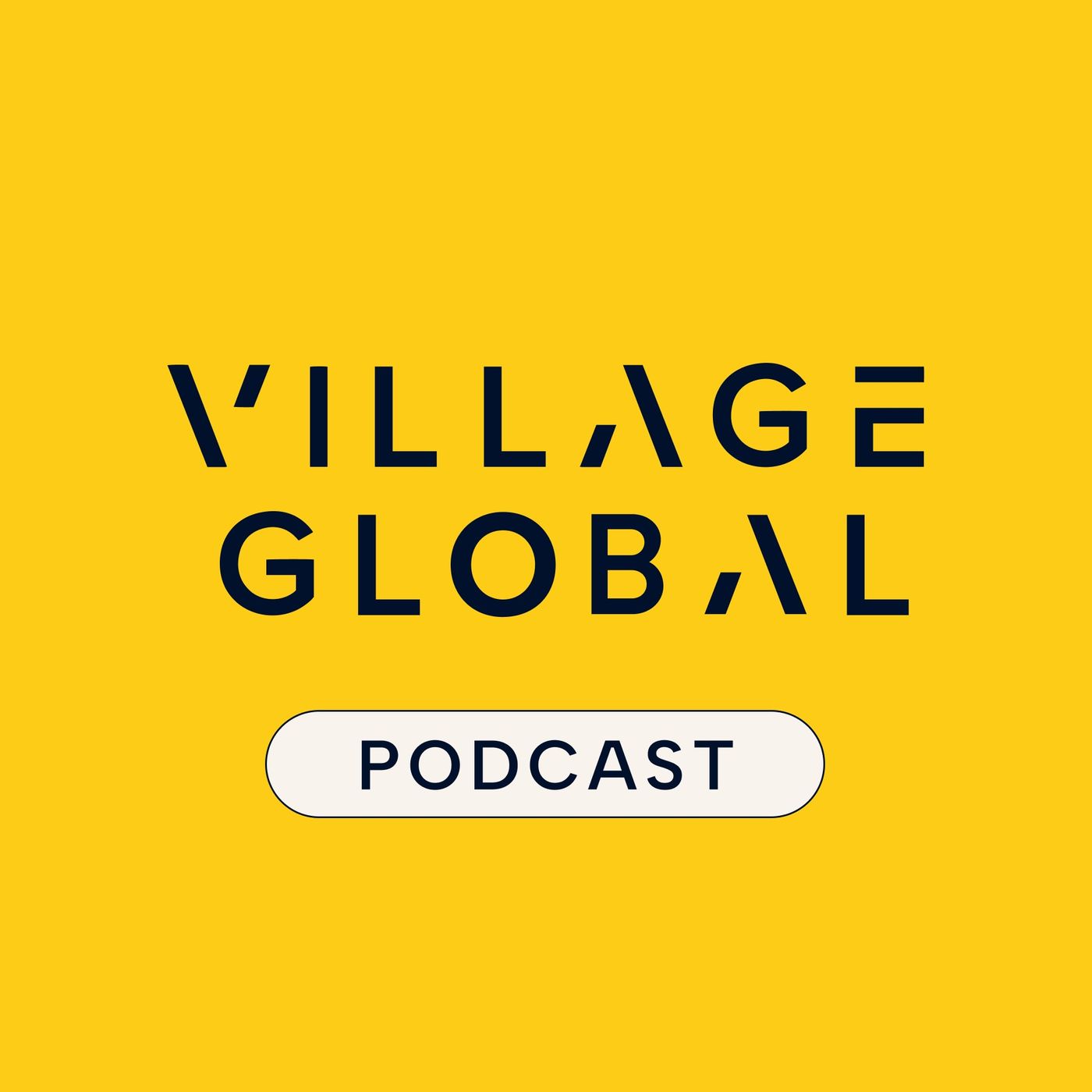
Key Insights
Why does Guillermo Rauch believe open source will often win over proprietary solutions in the long term?
He draws a parallel to the history of Unix and Linux, where open source Unix eventually prevailed despite proprietary versions having an early lead.
What kind of leadership team does Guillermo Rauch prefer for his investments?
He prefers a leadership team deeply immersed in the company’s problem space, rather than a professional team that swoops in at a certain stage.
How does Guillermo Rauch's childhood in Argentina influence his outlook on business?
Growing up in Argentina instilled in him a sense of urgency and the understanding that tomorrow is not promised.
What approach does Guillermo Rauch advocate for integrating AI into developer tools?
He suggests augmenting existing developer tools with AI to launch open source products with supplemental AI capabilities.
Why is Guillermo Rauch optimistic about the potential of crypto and blockchain technology?
He believes crypto could become the backbone of internet transactional infrastructure, positioning Vercel well to create UIs for such experiences.
What role does Guillermo Rauch see for Vercel in a future where crypto and blockchain technologies dominate?
He envisions Vercel creating UIs for crypto experiences, leveraging its ability to deliver a great customer experience while integrating various backend services.
What is Guillermo Rauch's stance on Bitcoin and Dogecoin?
He is long on both Bitcoin and Dogecoin and believes in their potential as foundational elements for future transactional infrastructures.
Why does Guillermo Rauch believe Bitcoin's reliability is noteworthy?
He admires Bitcoin's uptime, massive distribution, self-healing properties, and cryptographic security, seeing it as an impressive software engineering project.
Chapters
- Rauch's obsession with front-end engineering and open source provided a global connection and job opportunities.
- He emphasizes the importance of a delightful web experience for business success.
- Vercel was born out of the idea of maximizing the potential of the front end on the web.
Shownotes Transcript
Guillermo Rauch is founder and CEO of Vercel, a company that provides the developer tools and cloud infrastructure to build, scale, and secure a faster, more personalized web. He was interviewed by Ben Casnocha, co-founder and general partner at Village Global, an early stage venture capital firm backed by some of the world’s most successful entrepreneurs.Takeaways:- Any modern cloud-native app is a nexus of services that all work together to create a coherent interface for the user. For example, Auth0 handles login, Stripe handles billing, React is used for the interface, among many more services all working in concert. Vercel helps ensure that the user has an amazing experience no matter what services are all working together on the back end.- Guillermo tells the story of open source Unix winning out over proprietary versions of Linux, even though the proprietary versions had an early lead. He suggests that over the long term, open source will win, more often than not, and that the same story will likely play out when it comes to AI models, with open source models winning out in the end.- When it comes to investing, Guillermo loves to bet on someone who has been obsessed with a topic for years and years. He recounts the story of the Auth0 team who had written books and given talks and spent years of their lives just on logging in and logging out. He also says that he prefers a leadership team that lives and breathes a company’s problem space. He says that he's allergic to the idea of a professional leadership team swooping in at a certain stage.- Rauch was born and raised in Argentina. He says that he has a sense of urgency and that tomorrow is not promised that stems from his childhood experience growing up in Argentina. He tells the story of Mark Zuckerberg keeping the Sun Microsystems logo on the back of the Facebook sign at their headquarters when they moved in to cultivate a sense that tomorrow is not promised to anyone.- Guillermo believes in giving his team leads radical ownership of their products. He provides the leads with frameworks that explain clear principles for how they build products at Vercel but beyond that he gives the leads a long leash and a sense of ownership over the product.Thanks for listening — if you like what you hear, please review us on your favorite podcast platform.Check us out on the web at www.villageglobal.vc or get in touch with us on Twitter @villageglobal.Want to get updates from us? Subscribe to get a peek inside the Village. We’ll send you reading recommendations, exclusive event invites, and commentary on the latest happenings in Silicon Valley. www.villageglobal.vc/signup